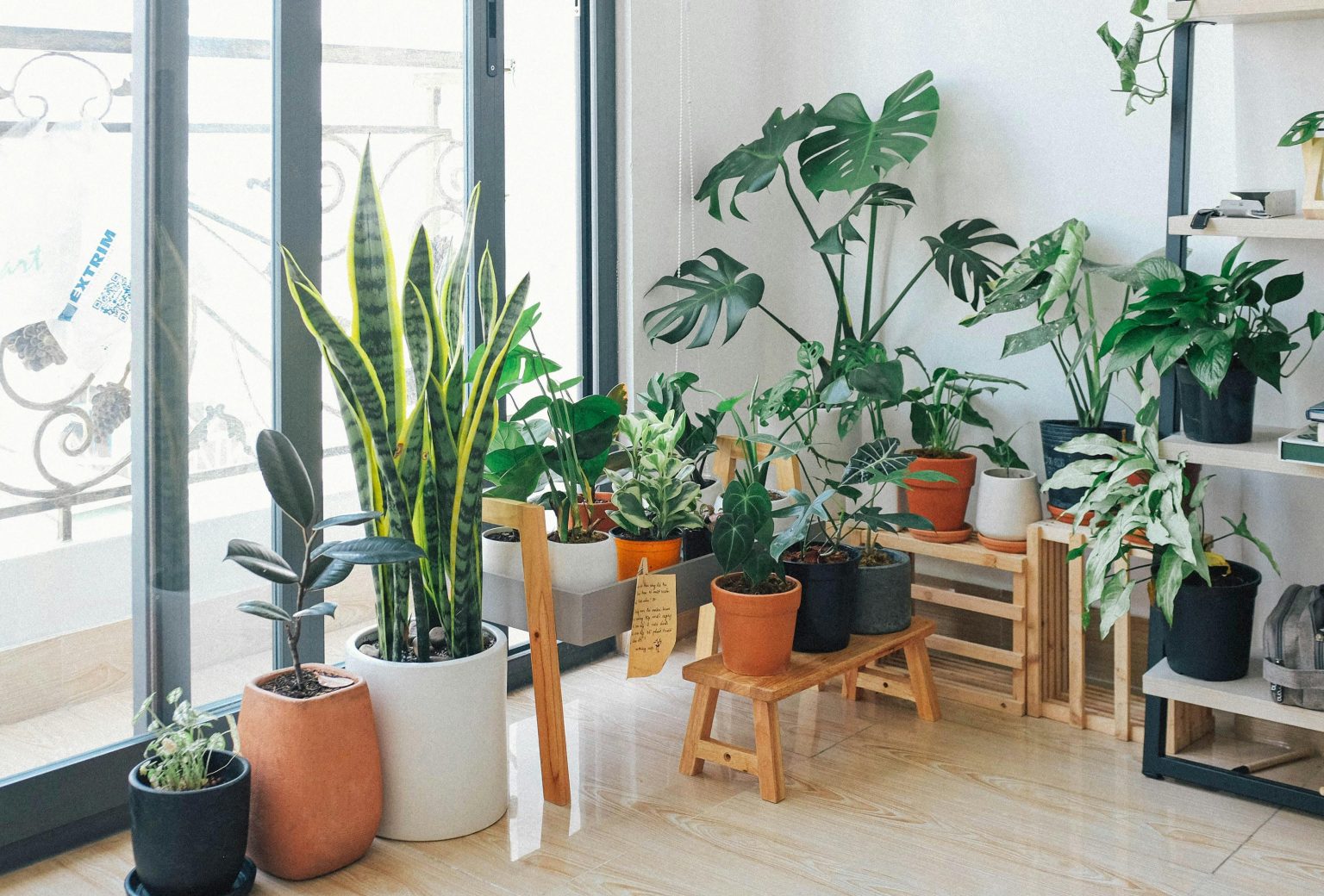Derek Bruce, Health and Safety Expert at SMSTS Course, Explains How Indoor Plants Could Be an Early Warning System
In an unexpected twist, your houseplants might not just be good for air quality and aesthetics—they could also help detect gas leaks in your home.
Derek Bruce, a health and safety expert at SMSTS Course, explains:
“Most people don’t realise that their plants can serve as an early warning system for potential gas leaks. Natural gas is odourless, but suppliers add mercaptan to give it that distinctive ‘rotten egg’ smell. However, in some cases, you might not notice the scent straight away—especially if it’s a slow leak or in a poorly ventilated area. Your houseplants, on the other hand, could react before you do.”
How It Works
Gas leaks can affect oxygen levels in your home, depriving plants of the air they need. Signs that your plants might be struggling due to gas exposure include:
- Wilting or yellowing leaves – even with proper care.
- Stunted growth – plants not thriving despite the right conditions.
- Drooping or sudden leaf loss – especially in multiple plants at once.
“If you notice these symptoms across several plants in the same area, and you’ve ruled out pests or watering issues, it’s worth checking for a gas leak,” says Bruce.
What to Do if You Suspect a Gas Leak
If your plants are looking worse for wear and you suspect a gas leak:
- Don’t ignore it – take unusual plant behaviour seriously.
- Listen for hissing sounds – a sign of gas escaping from pipes.
- Check for a smell – even a faint sulphuric odour could indicate a leak.
- Ventilate the area – open windows and doors.
- Call the professionals – contact the National Gas Emergency Service on 0800 111 999 if you’re in the UK.
“Houseplants might not replace gas detectors, but they can certainly act as an extra layer of safety,” adds Bruce. “If something looks off, it’s always worth investigating. Gas leaks can be dangerous, so early detection is key.”
For more information on workplace and home safety training, visit SMSTS Course.

